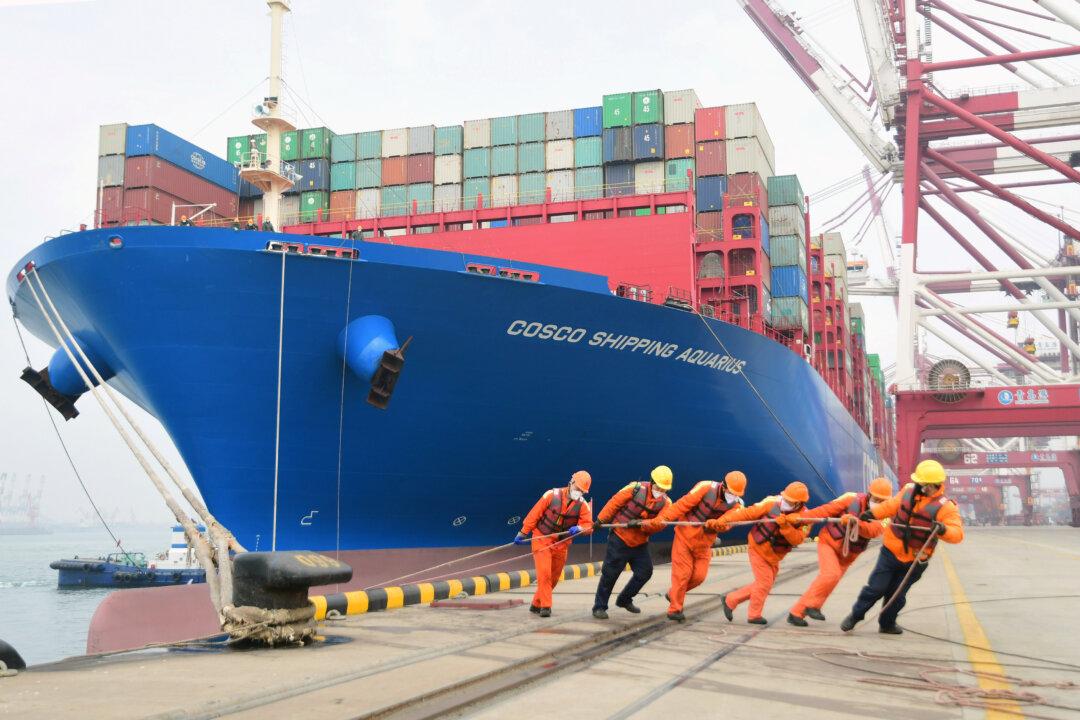The effects of the coronavirus outbreak are likely to reverberate beyond China as most major economies in the region are expected to either slow down significantly, halt or shrink outright in the current quarter, Reuters polls found.
Many Asian economies, which were just limping back to growth from the spillover effects of the 18-month long U.S.-China trade dispute, were again dealt a blow by the outbreak, which has shut down businesses and cities.





